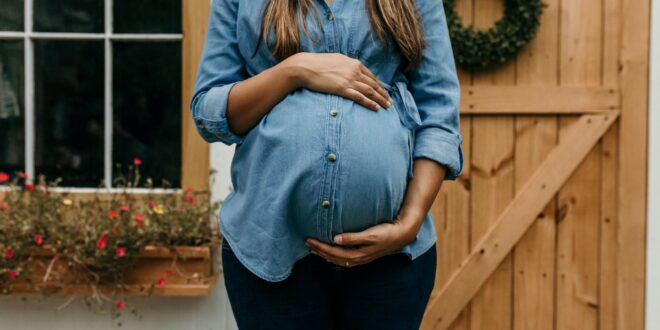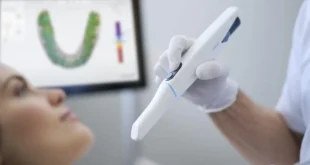Proper nutrition, which will provide the nutrients much needed for the health of the mother as well as for the baby’s development, is extremely important in pregnancy. Future moms do not have to eat for two at the beginning of pregnancy, as most say when they hear you’re pregnant, but the need for certain vitamins and minerals is indeed significantly increased.
Although most of the necessary nutrients can be obtained from a balanced diet, there are a few elements that need to be taken in addition to the proper development of your baby during pregnancy.
Folic acid and iron are the main elements that are difficult to compensate with diet, and pregnant women and fetuses need them.
Folic acid or vitamin B9
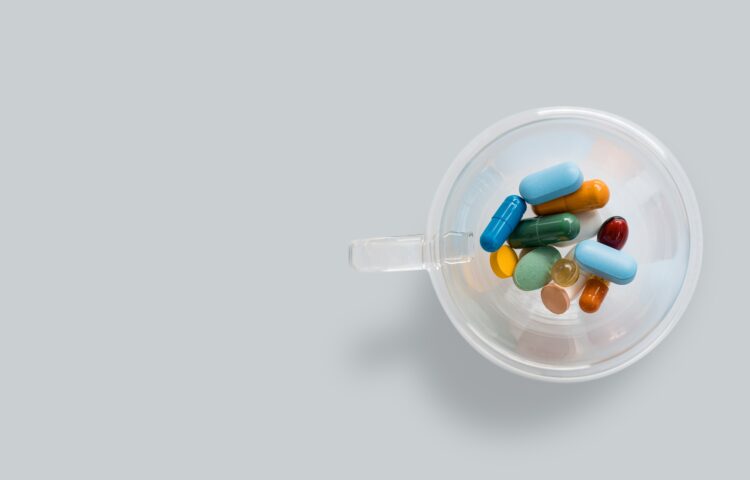
Those who are planning a pregnancy should take folic acid supplements before conception and continue taking it until the twelfth week of pregnancy, and it is not a mistake to continue using it until the end of pregnancy and during breastfeeding. Increased doses could benefit women who smoke, diabetics, and obese people, as well as those who have had neural tube defects in the fetus in previous pregnancies.
This element is also the main vitamin needed in the early stages of the development of the fetus. It should be taken regularly every day with food or dietary supplements because it is not stored in the body but excreted in the urine (it is soluble in water). The tablets can be purchased in every pharmacy, but it’s much practical to take a mixture of vital pregnancy vitamins in one or two types of tablets. Visit this site to learn more about the best products that contain all the vital vitamins and minerals for pregnancy.

It stimulates the absorption of nutrients in the body and plays an important role in cell division, but it is best known as a vitamin for pregnant women because its deficiency causes a defect in the neural tube of the embryo.
However, it is not only important during the pregnancy, people needed it in all periods of life, but the need for it increases by as much as 100% during pregnancy, which means it is necessary to take approximately 400 micrograms of it.
Although quality sources of folic acid can be found in green leafy vegetables (chard, spinach, broccoli, asparagus), lentils, liver, yeast, and beans, the required additional intake during pregnancy is difficult to compensate by diet only, so dietary supplements are recommended.
The needs for folic acid in pregnancy increase as the uterus grows, the mother’s blood volume increases, as the placenta and baby in the womb grow.
Iron
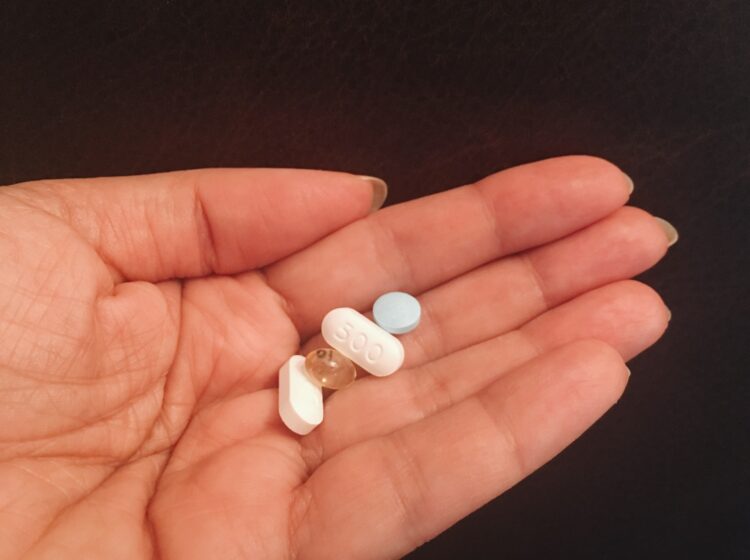
The need for iron also increases by 100% because the volume of blood increases by approximately 50%.
Iron deficiency in any organism can cause anemia, especially in pregnant women who have an increased need for iron. Anemia needs to be recognized and treated as early as possible. If anemia is detected by a blood test, iron intake should be increased to avoid the possibility of premature birth or lower birth weight.
During pregnancy, it is necessary to take up to 27 milligrams of iron a day, and it can be taken by consuming red meat, fish, and vegetables. Iron from red meat and fish are most easily absorbed by the body, and it is also contained in vegetables such as spinach, chard, beets, broccoli and peas, and fruits such as strawberries, raspberries, and apricots.
If anemia is diagnosed, it is necessary to start using iron supplements with the intake of appropriate foods only on the recommendation of a competent doctor. In order to improve iron absorption, it is recommended to drink the obtained iron preparations with an additional intake of vitamin C.
Iron and folic acid are the two of the most needed nutrients during the pregnancy, mostly because every woman enters the pregnancy no having enough of them, there other important elements that ensure the proper development of your baby.
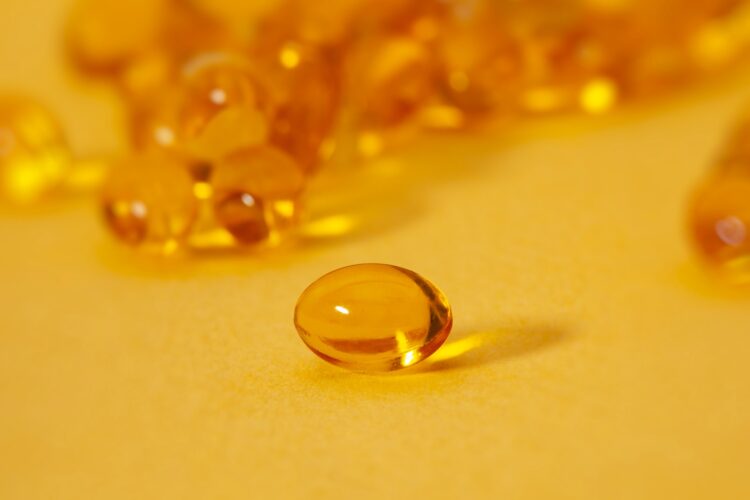
- Vitamin A – as with vitamin D, the recommended daily dose of up to 800 micrograms and should also not be exceeded. But if you take it by eating the liver, butter, cheese, fish, carrots, and kale, you don’t need to fear of taking too high levels of it.
- Vitamin E – destroys free radicals and protects cell membranes due to its powerful antioxidant properties. Pregnant women need 15 milligrams a day, and it is found in wheat germ oil, eggs, kale, avocado, peppers, almonds, and seeds.
- Omega-3 Fatty Acids – have been recognized as essential nutrients during pregnancy and early childhood, and play an important role in reducing the onset of degenerative diseases later in life. A diet rich in these valuable substances has a beneficial effect on cardiovascular health, and at the same time ensures the proper development of the brain and vision in infants and children. The last three months of pregnancy and the first few years of life are crucial for proper brain development.
- Calcium – Calcium is increasingly needed by your body as the pregnancy progresses and as the baby gets bigger. The baby’s small bones begin to calcify in the second trimester, which is a process that requires a large amount of this mineral. Taking calcium through vitamin supplements will enable the development of strong bones in your baby, and at the same time will protect you from the development of osteoporosis, which can easily lead to a lack of calcium in the body in the period after pregnancy. Don’t forget to take calcium naturally every day.
The combination of vitamins you should take during your pregnancy also changes as time goes by. So according to the period of the pregnancy, the intake of certain minerals can be increased or decreased.
Moreover, you should start adding vitamin supplements to your diet three months before the conception. The egg cell begins to mature about three weeks before fertilization, and it is recommended that a sufficient amount of nutrients be present in your body from the earliest stage of pregnancy.
 Hi Boox Popular Magazine 2025
Hi Boox Popular Magazine 2025
